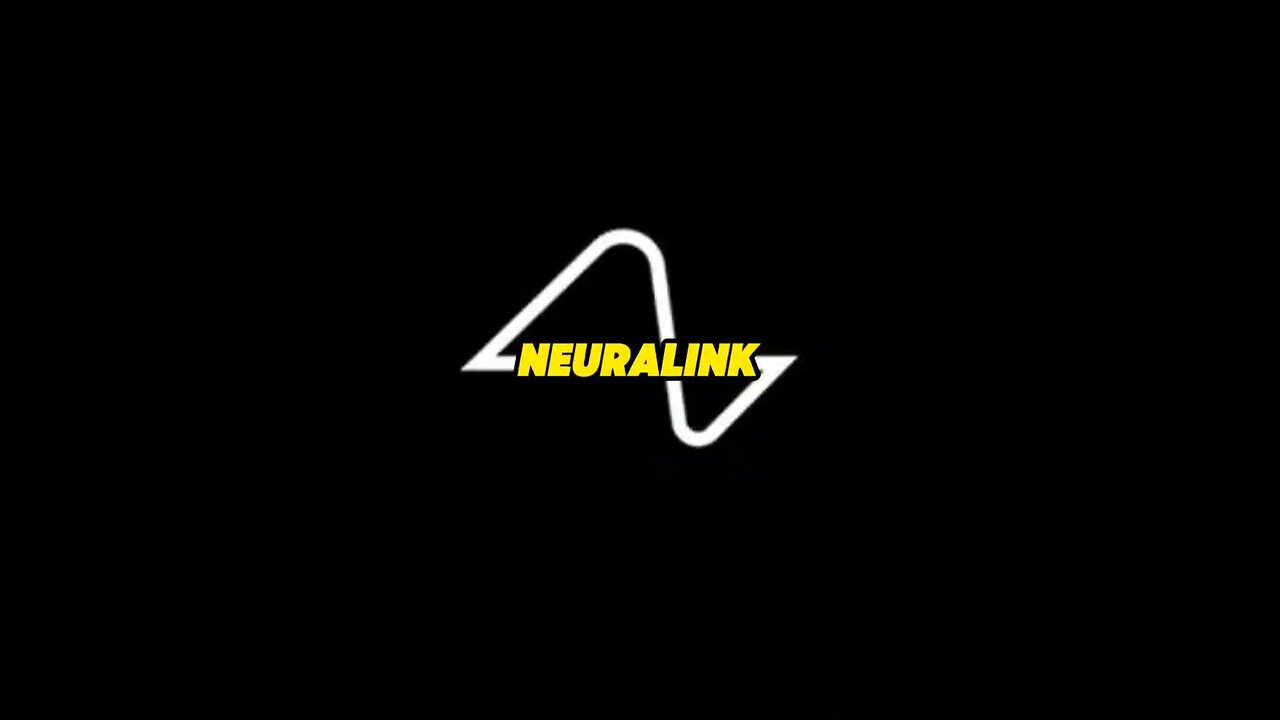Premium Only Content
This video is only available to Rumble Premium subscribers. Subscribe to
enjoy exclusive content and ad-free viewing.

Neuralink
7 months ago
33
If Neuralink or similar brain-computer interfaces become commercial and widely adopted, it could radically alter communication, cognition, and even identity.
Instant, wireless thought-to-thought messaging, seamless control of digital devices, and accelerated learning could become normal.
Memory enhancement, sensory augmentation, and direct brain access to the internet might redefine what it means to be human.
However, this future raises major concerns—data privacy, mental autonomy, cybernetic inequality, and the potential for cognitive manipulation or surveillance.
Widespread Neuralink use could blur the line between biological and digital existence.
Loading comments...
-
 LIVE
LIVE
Drew Hernandez
23 hours agoMARK LEVIN CRASHES OUT & TRUMP SEEKS HOUSING CRISIS SOLUTION
764 watching -
 6:29:18
6:29:18
SpartakusLIVE
6 hours ago#1 King of Content leaves your Monday UTTERLY MOTIVATED
30.8K1 -
 2:47:40
2:47:40
Barry Cunningham
7 hours agoBREAKING NEWS: WATCH PARTY WITH PRESIDENT TRUMP ON THE LAURA INGRAHAM SHOW (AND MORE NEWS)
151K30 -
 2:36:50
2:36:50
Blabs Games
13 hours agoLet's Get Those 5 Stars! Jurassic World Evolution 3 Playthrough #7
42K5 -
 1:03:59
1:03:59
Flyover Conservatives
23 hours ago$117K Paywall to Protect School’s Indoctrination? The Education System’s Biggest Secret w/ Nicole Solas | FOC Show
37.7K -
 2:31:34
2:31:34
We Like Shooting
16 hours ago $1.33 earnedWe Like Shooting 636 (Gun Podcast)
26.8K1 -
 1:53:24
1:53:24
RiftTV
6 hours agoFBI Director Kash Patel Sues Elijah Schaffer for $5 MILLION?!
55.4K28 -
 LIVE
LIVE
DannyStreams
3 hours agoPutting this here until we get noticed
302 watching -
 3:59:41
3:59:41
SOLTEKGG
4 hours ago🔴LIVE - Battlefield 6 REDSEC (30+ KILL WORLD RECORD)
20.2K -
 50:26
50:26
BonginoReport
12 hours agoElections Post-Mortem with Mayor Scott Singer - Nightly Scroll w/ Hayley Caronia (Ep.174)
96.2K24